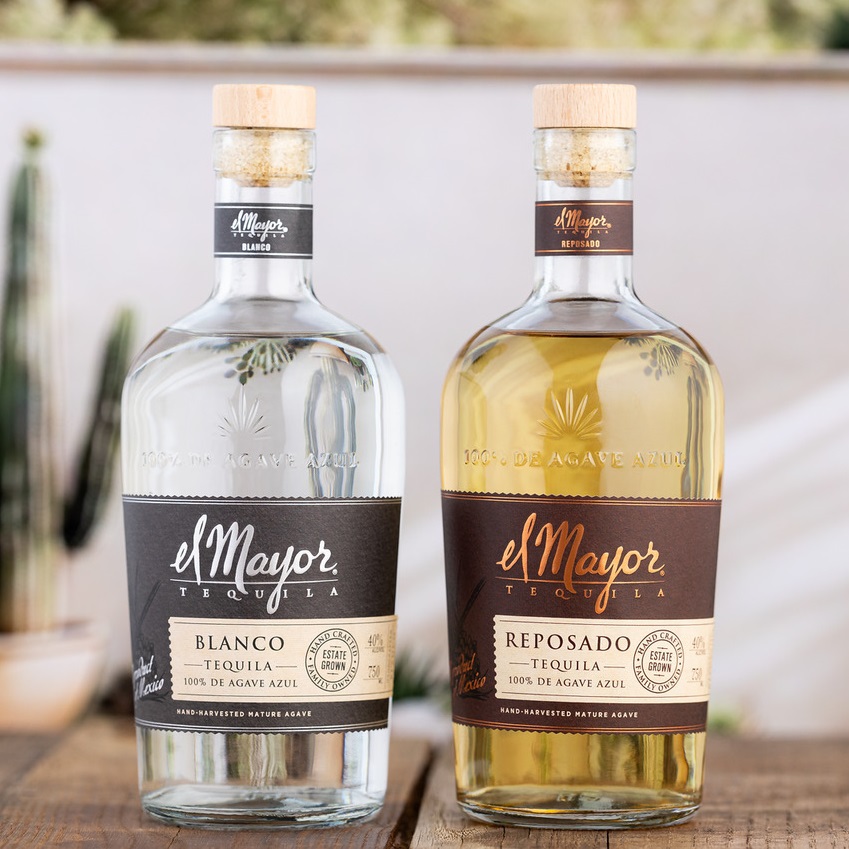Tennessee Whiskey War Begins; Brown-Forman: Diageo wants to age George Dickel In Ky
The Tennessee General Assembly is considering a new law that allows used barrels in Tennessee Whiskey production.
Current Tennessee law (passed last year) states Tennessee Whiskey is made from fermented mash of at least 51 percent corn, aged in new oak barrels, charcoal mellowed and stored in the state.
Brown-Forman issued a press release this morning blaming Diageo for the effort, saying the law will produce an inferior product and that Diageo is trying to protect its foreign interest by weakening Tennessee Whiskey.
In an email interview, Brown-Forman spokesperson Phil Lynch told me Diageo wants to undermine the Tennessee Whiskey designation because Jack Daniel’s is making serious progress against Johnny Walker in global markets. “Johnny Walker was flat in 2013 compared to 2013 while Jack Daniel’s grew 5% globally,” Lynch says. “Also, we believe Diageo wants to age its George Dickel TN whiskey in Kentucky, so they are also trying to change the provision of the law that states that for a whiskey to be defined as Tennessee Whiskey, it must be aged in NEW charred oak barrels in Tennessee.”
Diageo owns the famous Stitzel-Weller Distillery in Shively, Ky., and has used the facility to age whiskey. (DISCLOSURE: I recently spoke about SW history at two Diageo Orphan Barrel release parties.) In February, the company announced a $2 million restoration project for its visitor center.
I’ve yet to receive comment from Diageo, but Diageo’s Guy Smith told the Tennessean that the company supports efforts to protect the interest of all Tennessee Whiskey distillers.
As Diageo and Brown-Forman wage war, likely driving to more speculation about who’s buying whom after the $16-billion Jim Beam-Suntory deal, let me theorize as to why this is happening in the first place.
There’s a barrel shortage. Heavy 2013 rains kept timber crews from harvesting and rough winters have yielded inferior oak.
The barrel shortage was so significant that Four Roses master distiller Jim Rutledge said they had to scale back operations after considering a temporary layoff. This is happening at the smaller distilleries, too.
Micro distiller Phil Brandon, who operates Rock Town Distillery in Arkansas, was told he could no longer receive specialty bourbon barrels from his cooper. “A cooperage shortage is underway and only going to get worse before it gets better,” Brandon told me.
So, that’s the production side of why the Tennessee law is likely happening now. The other aspect is the law.
The 2013 Tennessee law is weak compared to the 1964 federal statute that defined Bourbon.
Nonetheless, State Representative Ryan Haynes (R-Knoxville) told the Tennessean that the current law is like Anheuser-Busch defining the American beer recipe. “I don’t think it’s right that we put something in our law that is basically protectionism,” Haynes said.
But, with all due respect to Haynes, state laws don’t carry as much weight as a federal ones, and this debate should be taking place at the U.S. federal level. After all, the Office of U.S. Trade Representative and the North American Free Trade Agreement defined Tennessee whiskey as “straight bourbon whiskey authorized to be produced only in the State of Tennessee,” giving ammo to a time-honored bar fight–“Jack Daniel’s isn’t a bourbon!” “Yes, it is!”
That’s one thing this Tennessee law will do: Put an end to the Tennessee whiskey-bourbon debate. Because, bourbon would never be caught in a used barrel.








